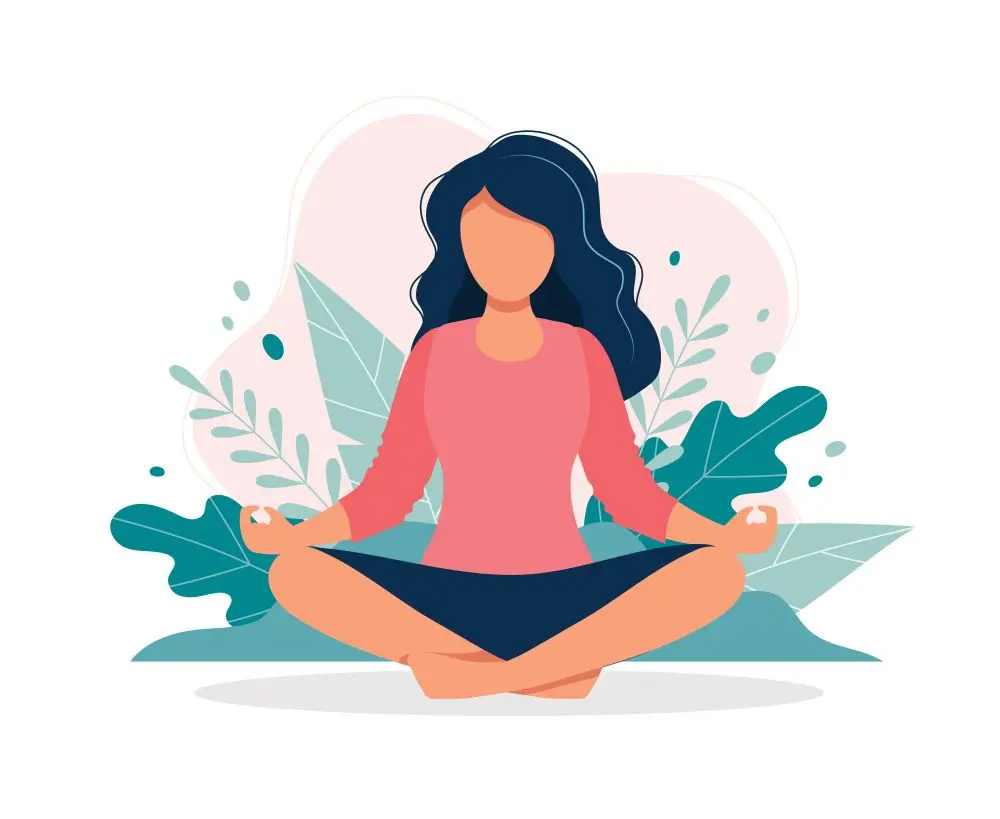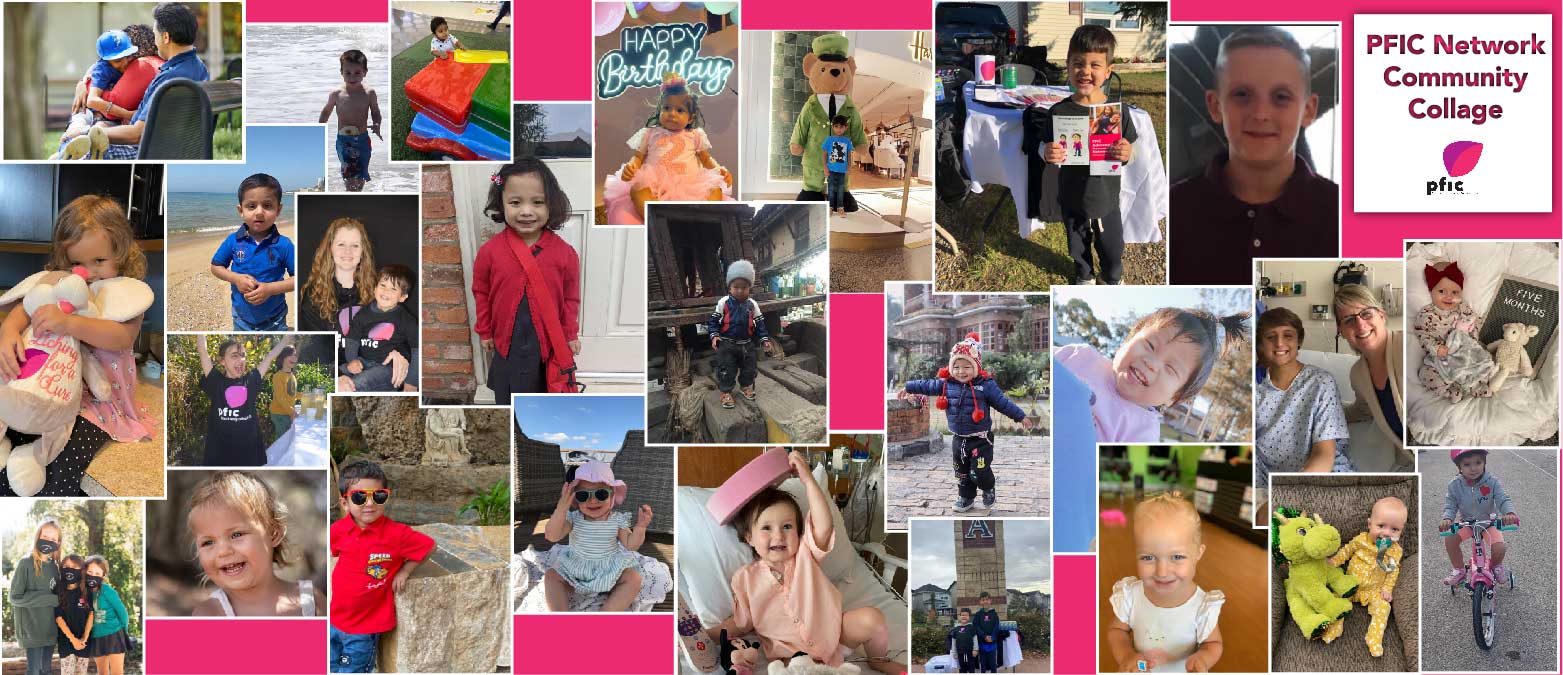What to do When You Can’t Sleep
If you google the phrase “what to do when you can’t sleep,” you will find an array of suggestions. You will also find that most of these suggestions assume that you have the time to sleep. They assume that the thing holding you back from catching sufficient zzz’s is the bombardment of your own thoughts or the cup of coffee you drank after dinner or the blue light emanating from your phone screen. They assume that your insomnia is rooted in a problem that is readily fixable. If it is, that’s good news, and you can find some tips for managing it here. (We may also dedicate a future blog post to this issue.) But if you are living with PFIC or are the caregiver to someone who is, your current barriers to sleep may be fixed and persistent. Insatiable itching can make sleep virtually impossible. Caring for and offering comfort to a child who has the itch likely means that the amount of sleep available to you falls well below the recommendation of 7+ hours per night.
So, what do you do when you literally can’t sleep? A small study performed at the University of Kentucky offers an intriguing suggestion: If you can’t enter a sleep state, try entering a meditative one instead.
In the first portion of the study, participants (none of whom were experienced meditators) were assigned either to a control group, a nap group, or a meditation group. Psychomotor vigilance (reaction time, in lay person’s speak) was tested across all groups following either a forty-minute nap or forty minutes of meditation. The meditators outperformed the nappers and the control group by a significant margin. In a second round of tests, all participants were subjected to sleep deprivation for an entire night. Those who meditated for forty minutes following the sleepless night showed significantly less impairment than the non-meditators.

The same researchers also found that experienced meditators sleep for fewer hours per night than non-meditators, with no corresponding loss in psychomotor vigilance. It’s important to be careful about the conclusions we draw from small and limited studies, but this research suggests that when you can’t sleep, you may be able to offset some of the ill effects of sleep deprivation by spending time meditating.
Improved reaction time isn’t the only perk of meditation. Meditation comes with a long list of other potential benefits:
- Decreased stress
- Decreased negative emotions
- Reduced anxiety
- Increased patience and tolerance
- Lower resting heart rate
- Lower blood pressure
- Increased creativity
It’s interesting to note that many of the proven benefits of meditation track with the proven risks of sleep deprivation. For example, sleep deprivation often leads to an increase in blood pressure, but meditation can potentially help to lower it. Sleep deprivation increases stress, but meditation reduces it.

You might, quite understandably, be wondering how on earth you are supposed to fit yet another thing into your day. Well, you don’t have to. Try tucking a few moments of meditation into your sleepless night.
Let’s talk about what that might look like. Meditation in its simplest form can look something like this:
- You assume as comfortable of a posture as circumstances allow.
- You consciously relax the tension in your body.
- You breathe, giving your full attention to the experience of this one breath. Perhaps you think ‘in’ with your inhale and ‘out’ with your exhale. Then you do it again. You might also choose to count your breaths.
You will get interrupted—either by the bounciness of your own mind, by the itchiness of your body, or by the needs of the child you’re caring for. Interruption and distraction are a normal part of meditation. Choosing to meditate is simply choosing to return—over and over—to this relaxed and conscious breathing. When unpleasant feelings or experiences come up for you, there’s no need to fight them or push them away. Acknowledge them and, as soon as you are able, return to your breath.
Your process will probably bear no outward resemblance to the meditation of a monk cloistered away in a monastery. If you are meditating while caring for a suffering child, you might be pacing the room, bouncing a baby as you tune into your breath. You might be holding a child’s hand, taking a few conscious breaths at a time, saying something reassuring, and then returning to your breath again. The interruptions to your meditative breathing may be frequent, intense, and long. That is all the more reason to offer yourself these pockets of stillness. It is all the more reason to recharge your batteries in whatever small ways are available to you.
Unfortunately, there are no studies (that we know of) looking at the very particular circumstances of sleep deprivation among PFIC patients and their caregivers. As any seasoned PFIC patient or caregiver can tell you, not all of the answers are available yet. We offer the above intro to meditation and its benefits as something to try. It’s something to experiment with, consider, or explore. As you do, please share your experiences by reaching out to us at mentalhealthsupport@pfic.org! Let’s learn together as a community. And if you have other ideas for how to soften the effects of sleep deprivation, we want to hear them! You are, after all, the expert on your life, your body, and your experience.
